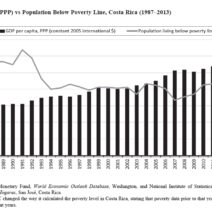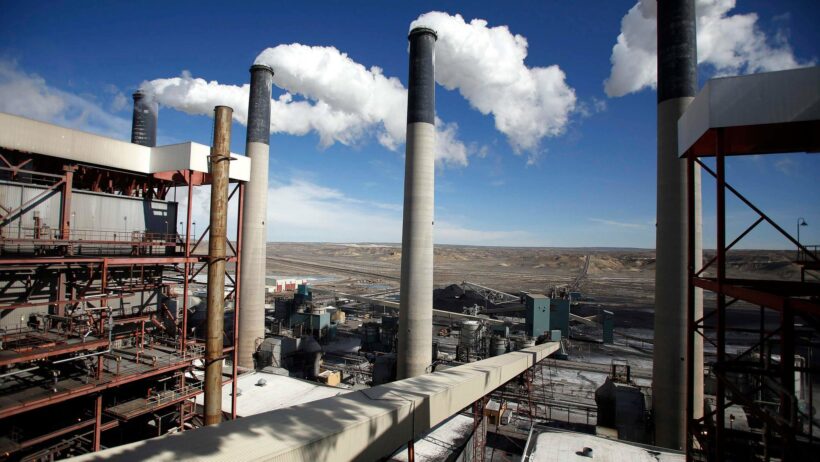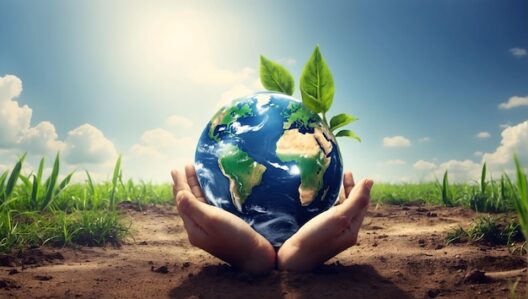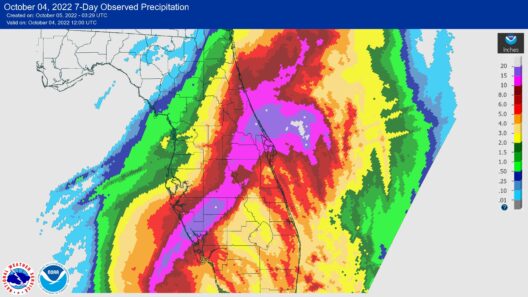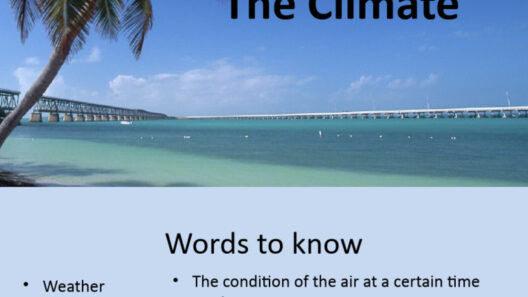The Earth, our blue planet, is shrouded in a delicate tapestry of life, woven from the threads of biodiversity, ecosystems, and climate. However, this intricate fabric is unraveling under the relentless heat of global warming. Like an ominous clock ticking down, the consequences of our actions manifest with increasing urgency. Global warming stands as the largest threat to humanity, a specter that looms over our present and threatens our future. Understanding why this phenomenon is occurring now is vital in addressing its consequences.
To appreciate the gravity of global warming, we must first examine its origins. In the annals of Earth’s history, climate has gone through cyclical changes. However, the current rise in global temperatures is primarily attributed to anthropogenic factors. The combustion of fossil fuels—coal, oil, and natural gas—has propelled an unprecedented release of greenhouse gases into the atmosphere. Carbon dioxide, methane, and nitrous oxide have become the protagonists in this climatic drama, contributing to the greenhouse effect. They act as a thermal blanket, trapping heat and thereby elevating the planet’s temperature.
The statistics are alarming. According to the Intergovernmental Panel on Climate Change (IPCC), global temperatures have risen by approximately 1.2 degrees Celsius since the late 19th century. This seemingly innocuous number harbors significant ramifications. The world’s ice sheets and glaciers are in retreat, like mighty titans succumbing to the inevitability of time. In places where ice once danced along riverbanks, jagged rocks now stand bare, signifying a stark transformation that reverberates across ecosystems.
The consequences of this thermal upheaval extend beyond mere aesthetics. Rising temperatures have led to more intense heatwaves, droughts, and violent storms. The ferocity of hurricanes has intensified, becoming a tempest of destruction fueled by warmer ocean waters. Coastal cities, once considered bastions of civilization, now grapple with the specter of rising sea levels. Low-lying areas are increasingly susceptible to inundation, as if the oceans are reclaiming lost territories. Populations that depend on these regions face an existential threat, one that affects food security, livelihood, and health.
Moreover, the harsh reality is that global warming disproportionately impacts the world’s most vulnerable populations. Communities already grappling with poverty and limited resources find themselves on the frontline of climate-induced disasters. Inequities become more pronounced as access to clean water and food becomes increasingly precarious. This reality highlights the interconnectedness of humanity; the struggles faced by one group reverberate throughout the global community.
The air we breathe is becoming a malefactor in this saga. The increase in ground-level ozone, a byproduct of pollution, exacerbates respiratory conditions, creating a public health crisis that is not confined by borders. Asthma rates soar, revealing a hidden burden borne by many, particularly children and the elderly. The ethos of global solidarity becomes imperative, as collaboration across nations is essential for addressing the root causes of pollution and climate change.
The biosphere is not exempt from the ramifications of global warming. Ecosystems are feeling the strain; habitats are shifting, and species are on the brink of extinction. Coral reefs, the vibrant underwater cities, are bleaching and dying due to rising ocean temperatures. The intricate symbiotic relationships that sustain marine life are crumbling, threatening not only the species within but the human communities that rely on these ecosystems for their sustenance. Forests, too, are bearing the brunt of climate change. Increased temperatures and erratic precipitation patterns lead to prolonged dry spells and heightened susceptibility to wildfires. These infernos consume the very lungs of our planet, releasing more carbon dioxide into the atmosphere and perpetuating a vicious cycle.
While the present may seem dire, hope lies within the choices we make today. Collective action is paramount. Transitioning to renewable energy sources—such as solar, wind, and geothermal—is a pivotal step toward curbing greenhouse gas emissions. The ingenuity of technology offers a glimmer of hope as innovations in energy efficiency and sustainable practices emerge. By advocating for policy changes that promote environmental stewardship, individuals can wield their influence in combatting this existential crisis.
Furthermore, lifestyle choices can contribute meaningfully to mitigating climate change. Reducing meat consumption, embracing plant-based diets, and reducing waste exemplify personal contributions toward a sustainable future. Education and awareness play a crucial role in fostering a culture of environmental responsibility. By nurturing a sense of stewardship within communities, individuals become agents of change, empowering one another to make conscious decisions that reflect an understanding of global interconnectedness.
This battle against global warming is not merely a fight for survival; it is a testament to human resilience and ingenuity. Just as a phoenix rises from the ashes, society has the potential to emerge stronger from the challenges posed by climate change. The journey toward sustainability requires diligence, cooperation, and unwavering commitment. While the road ahead may be fraught with obstacles, the promise of a healthier, more equitable planet propels us forward.
In conclusion, global warming represents not just a looming threat, but a call to action. Humanity stands at a crossroads; the choices made today will shape the world for generations to come. By acknowledging the severity of the situation and adopting proactive measures, we can weave a new narrative—one where harmony between mankind and nature is not only possible but inevitable. The time for decisive action is now, as the clock continues to tick, and our planet demands urgent care. Let us unite to nurture our home, ensuring its vitality for future generations.
